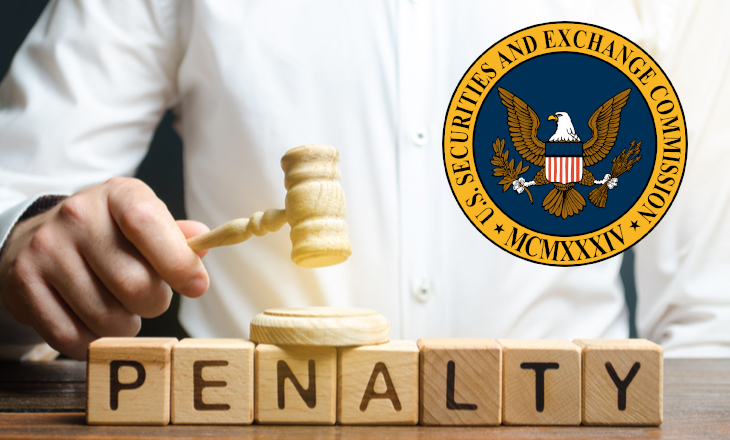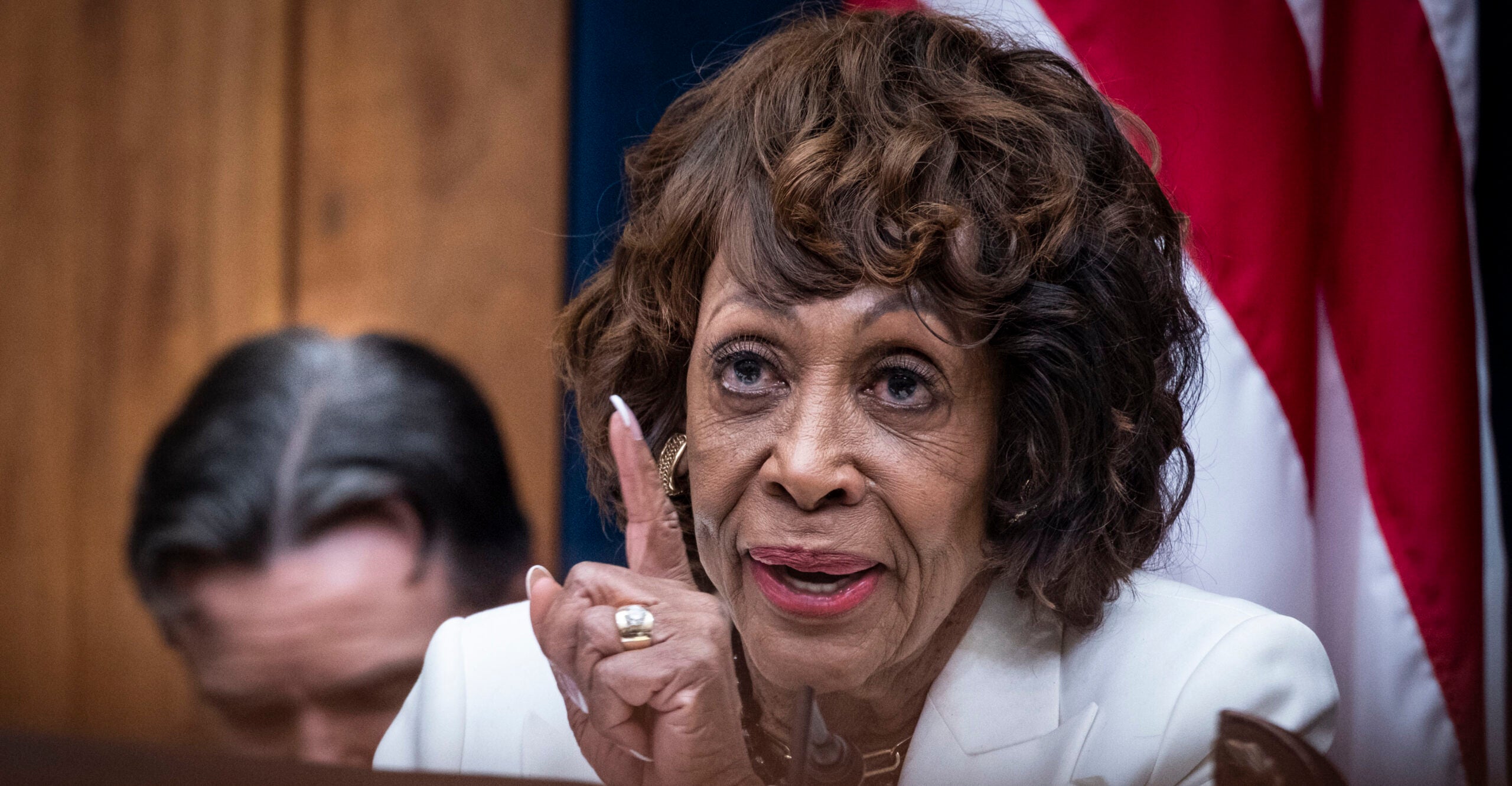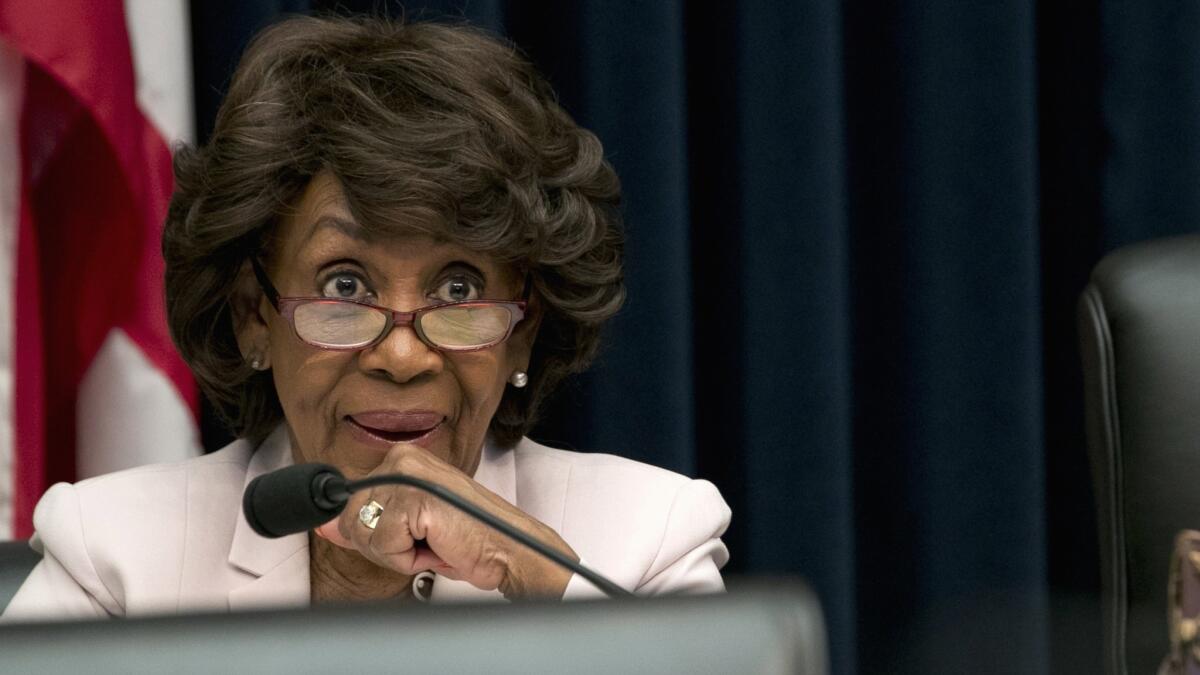
Progressive California Rep. Maxine Waters has agreed to pay a significant $68,000 fine after an investigation revealed her 2020 re-election campaign, Citizens for Waters, violated multiple federal campaign finance laws. The Federal Election Commission (FEC) uncovered several irregularities in Waters’ campaign's financial reporting, leading to the fine and a legally binding agreement to avoid further legal action.
The investigation, which has been closely followed by political watchdogs, examined Waters' fundraising activities during the 2020 election cycle. The FEC’s findings confirmed that the campaign committee failed to properly disclose campaign receipts and expenditures, accepted contributions that exceeded legal limits, and made prohibited cash disbursements—all violations of the Federal Election Campaign Act.
According to the official FEC documents, the committee that ran Waters’ 2020 re-election campaign committed several serious infractions.
The commission stated that the committee, Citizens for Waters, failed to accurately report its financial receipts and disbursements during the 2020 calendar year, a key requirement for transparency in campaign finance.
The committee also knowingly accepted contributions that exceeded legal limits, as well as made multiple prohibited cash disbursements that violated federal law.
More specifically, the FEC accused the campaign of accepting excessive donations from seven individuals, totaling $19,000. The maximum allowable contribution per individual in the 2020 election cycle was $2,800.
However, Waters’ committee took in larger sums from these donors over the course of the 2019-2020 election cycle. While the committee eventually refunded the excess contributions, the process was deemed "untimely" by the FEC, meaning the refunds were not processed in the manner required by campaign finance laws.
In addition to the excessive contributions, the FEC also flagged four instances where the campaign made cash disbursements in violation of the law.
Federal election regulations prohibit campaigns from making cash payments over $100, yet Waters’ committee violated this rule by making four separate payments in excess of that amount, totaling $7,000.
The fines and penalties stemmed from these errors and violations. In order to settle the matter and avoid a more prolonged legal process, Waters’ committee agreed to pay a civil fine of $68,000.
As part of the settlement, Waters’ campaign also agreed to send its treasurer to a training program, sponsored by the FEC, aimed at helping political committees better understand and comply with campaign finance laws. The committee must submit evidence of the treasurer’s participation in this program to the FEC within one year.
The attorney for Waters' campaign, Leilani Beaver, defended the infractions, attributing them to “errors” and arguing that they were not “willful or purposeful.”
Beaver emphasized that legal counsel was retained by the campaign to provide guidance on campaign finance laws and that procedures were put in place to ensure compliance.
"We took immediate corrective action once we identified the errors," Beaver stated in the communication with the FEC. "The campaign fully cooperated with the FEC’s inquiry, and we’ve worked diligently to rectify the situation."
Despite this defense, the FEC determined that the violations were serious enough to warrant the fine and the other stipulations outlined in the settlement agreement. While the committee did acknowledge that the errors may have been unintentional, the failure to properly address them in a timely manner led to the fine.
The FEC’s decision to settle the matter through the payment of a fine and required training of the campaign’s treasurer was seen as a relatively lenient response, though it serves as a clear message about the importance of adhering to campaign finance laws.

Maxine Waters has represented California’s 43rd congressional district since 1991, making her one of the longest-serving members of Congress. As the current chair of the House Financial Services Committee, Waters holds significant influence, especially on matters related to banking, housing, and financial regulation.
Waters has been a prominent figure in the Democratic Party, known for her staunch support of progressive policies and outspoken criticism of the Trump administration during his presidency.
Despite the controversies surrounding her campaign’s financial handling, Waters remains a major figure in her district and is widely respected among her political allies.
Her involvement in the Financial Services Committee has made her a key player in shaping legislative priorities related to economic policy, including banking reform, housing access, and consumer protection.
Waters has long been an advocate for policies aimed at reducing income inequality, addressing racial disparities in wealth and access, and increasing corporate accountability.
Her advocacy for financial reform has earned her both praise and criticism, but her influence within the Democratic Party has remained undeniable.
While the $68,000 fine is a significant sum, it is unlikely to have a major political impact on Waters’ career in the immediate future.
Waters remains a popular figure in her district, and the fine is unlikely to alter the dynamics of her re-election prospects. However, the controversy surrounding the campaign finance violations could impact her political image, particularly among those who already view her with skepticism due to her progressive positions.

The incident also highlights the growing scrutiny on campaign finance practices, especially among high-profile politicians. With the increased use of social media and public attention to campaign activities, the spotlight on political fundraising practices has grown brighter.
Waters, like many other politicians, will have to contend with both the legal and public relations implications of the fine, although it is unlikely to derail her career.
For political opponents, the violations may serve as fodder for criticism, particularly given Waters' status as a leading figure in the Democratic Party.
Republicans have long accused Democrats of hypocrisy when it comes to campaign finance reform, and the Waters case could fuel further attacks on the party's commitment to financial transparency.
At the same time, the fine and the ethical concerns raised by the FEC’s investigation will likely resonate in a broader conversation about the influence of money in politics.
While Waters has faced scrutiny, so too have other lawmakers, regardless of party affiliation, as both Democrats and Republicans continue to grapple with the complex world of campaign finance.
The Waters case is part of a growing trend of high-profile politicians being scrutinized for their handling of campaign finances. The FEC has investigated several other lawmakers in recent years for violations related to excessive contributions, improper disbursements, and failure to report financial activities accurately.
While the penalties for these infractions can be significant, the fines themselves rarely result in criminal charges. Instead, lawmakers are typically required to pay civil fines, undergo training, and make restitution to the affected parties.

Still, the impact on public perception can be far-reaching, as voters grow more aware of the financial dealings of their elected officials.
As the 2026 elections approach, issues related to campaign finance and ethical behavior will likely continue to play a prominent role in the national conversation.
In the case of Maxine Waters, the fine may be seen as a minor inconvenience, but for others in positions of power, it is a reminder that transparency and accountability remain critical in maintaining public trust.
Maxine Waters’ agreement to pay a $68,000 fine for violations of campaign finance laws highlights the ongoing importance of ethical compliance in American politics.While the fine is unlikely to significantly alter Waters' political career, the case raises broader questions about the transparency of campaign finance practices and the ethical behavior of elected officials.
As the political climate continues to evolve, the scrutiny on campaign finances is only likely to intensify, with lawmakers from both parties facing increased pressure to adhere to the rules that govern fundraising and expenditure.
While Waters has been criticized for the financial lapses in her 2020 campaign, her continued prominence in the Democratic Party underscores her resilience and political influence.
However, as more high-profile cases emerge, the debate over campaign finance reform and ethical conduct will only grow louder, challenging both parties to confront the complex world of money in politics.




